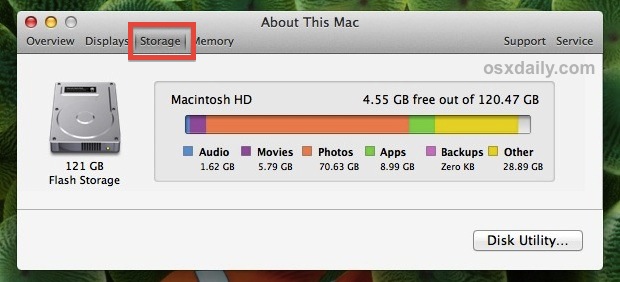A Comprehensive Guide to Titanium

Describe titanium
Titanium is a type of malware, or we may say “Titanium is a malware,” that was introduced in 2019 and created by Platinum. Within the next two years, it advanced to the top of the list of malware. Titanium virus is also known as backdoor malware APT, according to Wikipedia.
Because titanium exists, the fact that you are reading this indicates you are both alive and in danger. The backdoor titanium malware should be known to anyone who manages a business or an organization. In a day, professionals deal with many different types of malware, but backdoor Titanium malware is the most common. So if you want to be sufficiently protected from the worst tragedy, this post is for you.
Why is Titanium Malware so problematic?
Titanium virus does not function as a malicious program and even provides a justification for its legitimacy. The entire process, from the beginning to the end, is included in the titanium malware. The infiltration strategy used by the Titanium APT is highly intricate.
There are several phases involved, all of which need to be effectively coordinated. Furthermore, none of the files in the file system can be recognized as malicious due to the usage of encryption and fileless technology.
Where Was Titanium Found?
Like other viruses, titanium also uses natural methods, but it does so in a variety of ways. It is believed that a hacker gang called Platinum is responsible. In recent years, platinum has also come under fire for creating enduring hazards in the Asia-Pacific area.
Platinum, which is thought to be state-sponsored, has access to resources that allow it to create sophisticated hacking tools. Here is the main route via which titanium is produced.
Titanium can also move from PC to PC through a variety of ways, including:
- When you connect your device to a computer that has already been infected with Titanium Malware or to a compromised Internet connection
- Putting a malicious application on your computer and using it to infect Windows installation activities.
- Before infecting a large number of workstations, Titanium can establish a foothold on vulnerable intranets that have previously been infected by malware.
- Titanium has a number of negative effects on your device and data. It’s a comprehensive collection of dangers, most of which originate from unreliable sources that pose as reliable sources.
Learn the functions of titanium
- Once Titanium has access to your computer, it can read, transmit, and destroy any file there.
- It will alter the configuration options for the PC.
- Orders will be taken from a remote server.
- Titanium is particularly hazardous due of its emphasis on stealth. Titanium can impersonate a large variety of trustworthy software, which gives it a significant potential for mimicry. This ability to imitate improves Titanium’s ability to deceive an opponent.
Titanium backdoor malware issues
Titanium malware has a number of phases it takes to infect your device, but it can be challenging to spot with the naked eye because each step appears legitimate and is password-protected. Therefore, you cannot determine whether this is malware; all you can do is observe Titanium’s effects on your system and software.
However, there are remedies for everything. But it’s not that easy to stop or avoid Titanium; you need to pay attention to what’s happening in your body. And it might not be simple to do it on your own. Use Waredot Antivirus if you want something that handles everything without constantly bothering you.
The 3-scan option of the Waredot Antivirus utility enables you to customize the malware scanning and cleanup. With years of professional development, Waredot Antivirus was created. It is properly constructed to withstand various viruses, malware, and other threats.
The HIPS sophisticated technology in Waredot Antivirus secretly monitors every activity occurring on your computer.
Troubleshooting Advice for Titanium
- Install software exclusively from trusted sources, such as purchased programs, as opposed to illegitimate torrents.
- To spot any unusual traffic, you should make sure network activity is continuously examined.
- Titanium may potentially jeopardize any requests for software updates or firmware, so it is important to double-check all of them.
- Use a firewall at all times to stop unauthorized connections to and from your network.
- As Kaspersky is still finding more about Titanium, we advise you to be on the lookout. Make sure to review Titanium’s most recent changes.
Conclusion
Hello, guys! This concludes our discussion of titanium. The most important facts and details we’ve provided you with in this post are in line with Kaspersky’s comprehensive description of Titanium. Troubleshooting Titanium is a difficult task because it uses new technology and, like many other disasters, can go wrong. All you need is your focus and an antivirus.
I hope you found this post to be educational and helpful. If you have any questions regarding this post or about troubleshooting titanium, kindly let us know in the comment box.





